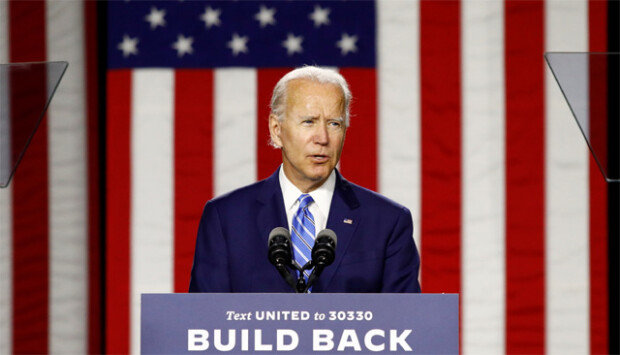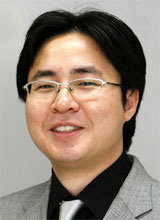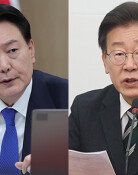Biden’s ‘strategic patience 2.0’
Biden’s ‘strategic patience 2.0’
Posted July. 29, 2020 07:39,
Updated July. 29, 2020 07:39


It appears that Joe Biden stands a good chance of winning the upcoming presidential election. Fewer than 100 days left before the election, the Democratic nominee holds a double-digit lead. Although it is too early to predict the result considering “shy Trumpers,” there is no doubt that President Trump’s prospects have been damaged by his handling of COVID-19 and the consequent economic crisis.
This complicates the way South Korea sees the U.S. presidential election. Much attention is now on how Biden’s win would change the efforts towards the denuclearization of North Korea, especially given that the two summits between Washington and Pyongyang have produced no tangible results.
Even if Biden resumes “strategic patience,” a policy that pressures the North with sanctions, it will not be the same as when Former President Barack Obama was in office mainly because there are tougher sanctions in place. North Korea agreed to dismantle its Yongbyon nuclear facilities in exchange for the relief of five U.N. sanctions at the Hanoi Summit. All of these sanctions were adopted after March 2016, which means they were implemented after President Trump took office.
Biden has long believed that China holds key to resolving the North Korean nuclear issues. In December 2013, then-Vice President Biden met with Chinese President Xi Jinping to coordinate pressure on Pyongyang as rumors circulated that Kim Jong Un’s uncle Jang Song Thaek was expelled. He also said in a 2016 interview that he was telling President Xi that North Korea’s nuclear programs, if left unresolved, could encourage Japan to develop their own and Japan has the capability to make nuclear weapons overnight. He publicly put pressure on China, saying there would be a nuclear war in Northeast Asia if China did not get involved in resolving North Korean nuclear issues.
The problem is that Biden’s plan of pressuring Pyongyang with sanctions also involves South Korea. In an interview with the Council on Foreign Relations in December 2019, he singled out Seoul, emphasizing the need for stronger cooperation between South Korea and the United States. It was to criticize President Trump for disregarding the importance of allies, but the most important area of cooperation would be policies towards Pyongyang.
However, the Moon Jae-in administration is unilaterally trying to strengthen inter-Korean relations regardless of the developments on negotiations between the United States and North Korea, raising concerns among foreign policy experts that it differs from Biden’s approach. The government should not dismiss concerns that disagreement between Washington and Seoul could widen if Biden wins the election.
In-Chan Hwang hic@donga.com







